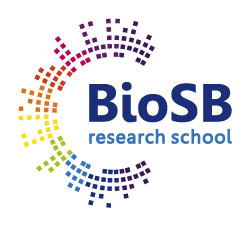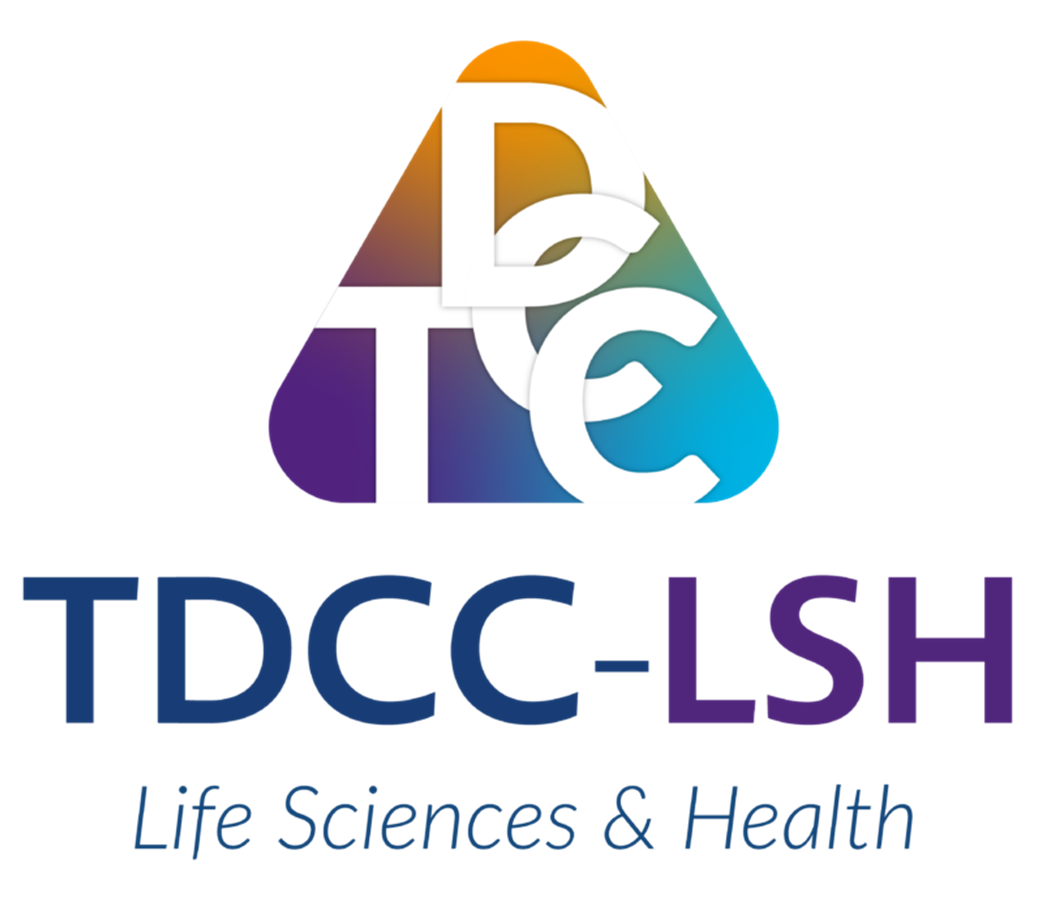James Briscoe

Dr. James Briscoe, the Francis Crick Institute, London, United Kingdom.
Title
The Dynamics of Spinal Cord Development
Summary
The development of functional tissues requires precise spatial and temporal control of cell fate specification. Using the vertebrate spinal cord as a model system, we investigate how molecular signals, cellular behaviours, and tissue-level changes integrate to generate distinct neuronal subtypes in a defined spatial pattern along the dorsal-ventral axis. We focus on how the morphogen Sonic Hedgehog (Shh) coordinates with gene regulatory networks to control cell fate decisions. By combining experimental approaches with computational modelling and theoretical frameworks, we examine how dynamic processes – including tissue growth, cell arrangement, and temporal changes in signalling – contribute to the pattern, pace, precision, and proportions of the developing neural tube. This integrative approach reveals fundamental principles of how cellular and molecular mechanisms interact to ensure robust tissue development.
Biography
James Briscoe is a group leader at the Francis Crick Institute. He obtained a BSc in Microbiology and Virology from the University of Warwick, UK. Following his PhD research in Ian Kerr's laboratory at the Imperial Cancer Research Fund, London, he undertook postdoctoral training at Columbia University, New York, USA, with Thomas Jessell, first as a Human Frontiers Science Program Fellow then as a Howard Hughes Medical Institute Fellow.
In 2000 he moved to the Medical Research Council's National Institute for Medical Research (now part of the Francis Crick Institute) to establish his own research group and in 2001 he was elected an EMBO Young Investigator. He was awarded the EMBO Gold Medal in 2008 and elected to EMBO in 2009. In 2018 he became Editor in Chief of Development, a journal published by the Company of Biologists, a not-for-profit scientific publisher. He was elected a Fellow of the Academy of Medical Sciences and a Fellow of the Royal Society in 2019 and an Honorary Foreign Member of the American Academy of Arts and Sciences in 2023.
His research interests include the molecular and cellular mechanisms of graded signalling by morphogens and the role of transcriptional networks in the specification of cell fate. To address these questions his lab uses a range of experimental and computational techniques with model systems that include mouse and chick embryos and embryonic stem cells.
BioSB 2025
 Registration website for BioSB 2025
Registration website for BioSB 2025BioSB 2025petra.aarnoutse@health-ri.nl
BioSB 2025petra.aarnoutse@health-ri.nlhttps://www.aanmelder.nl/biosb2025
2025-05-19
2025-05-21
OfflineEventAttendanceMode
EventScheduled
BioSB 2025BioSB 20250.00EUROnlineOnly2019-01-01T00:00:00Z
Hotel ZuiderduinHotel ZuiderduinZeeweg 52 1931 VL Egmond aan Zee Netherlands






![Home [thermosphere.tudelft.nl] Home [thermosphere.tudelft.nl]](https://th.bing.com/th/id/R.5c284c9825122e1b56ee032a41ebb68b?rik=oOVz4J%2bgHQp5%2bQ&riu=http%3a%2f%2fthermosphere.tudelft.nl%2fassets%2fimages%2fnwo-logo-rgb-300x300.png&ehk=%2f8rcUAMXMUeqTNnTbyzzgYCMN6Za8VdLAvwxsDVOVzY%3d&risl=&pid=ImgRaw&r=0)




